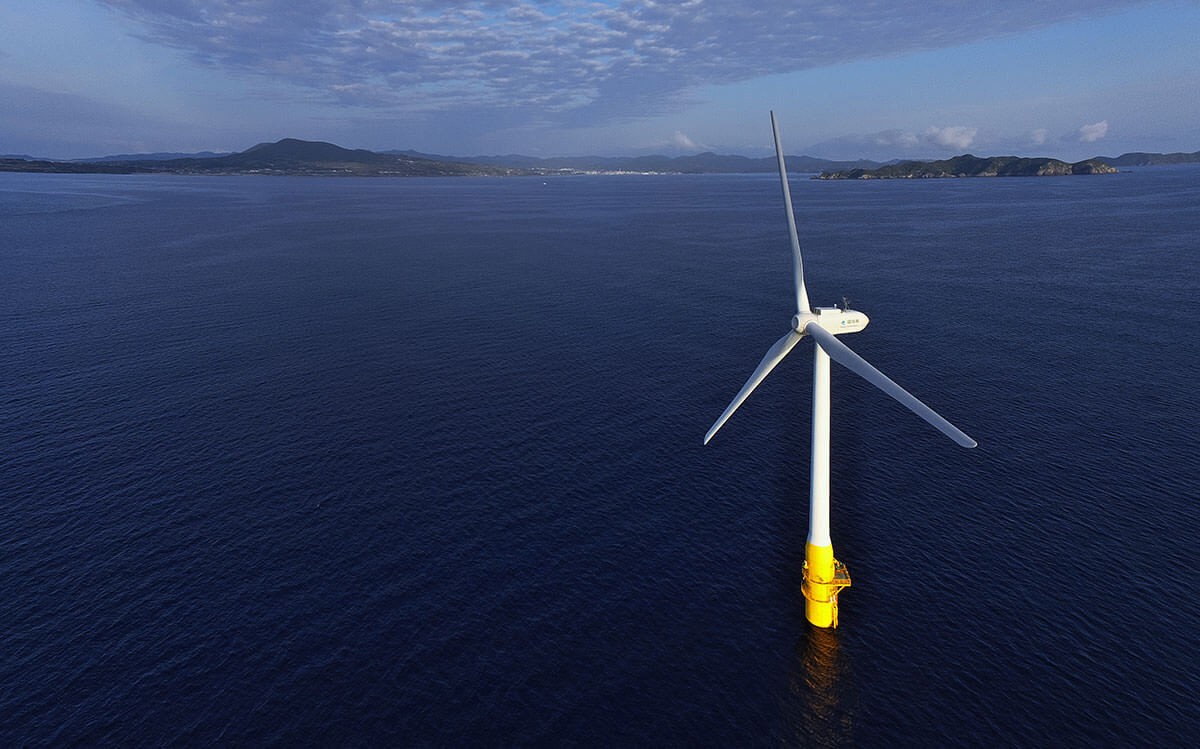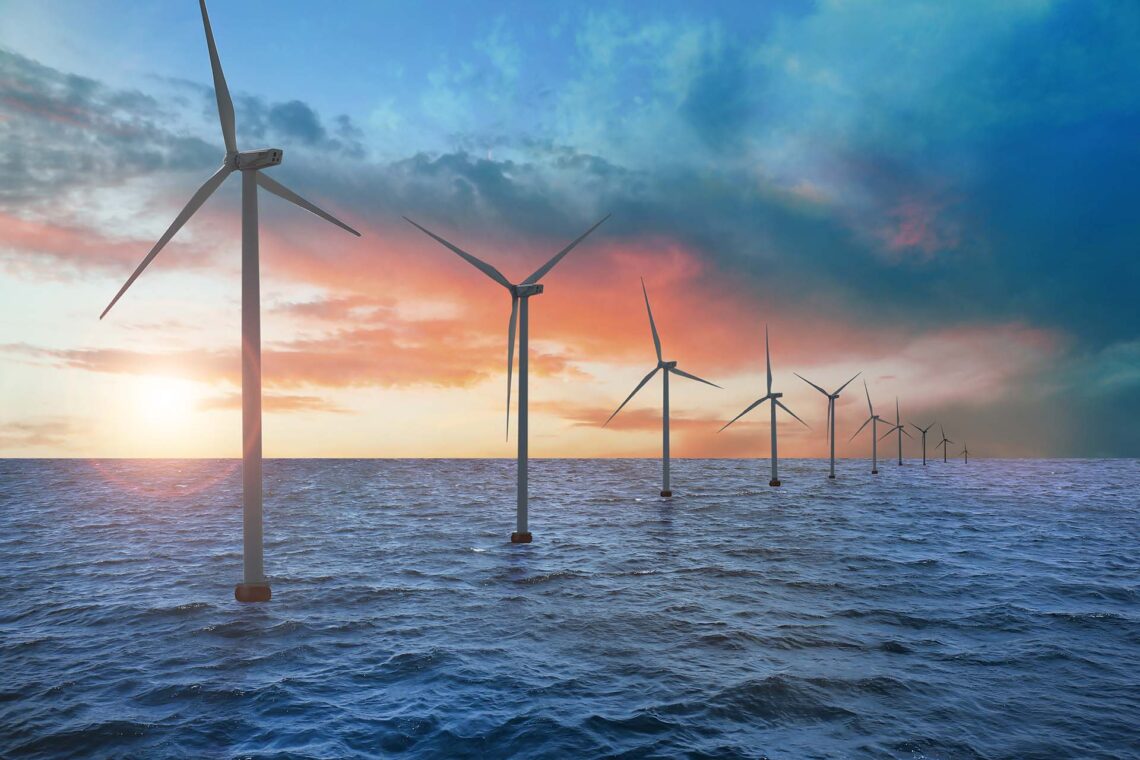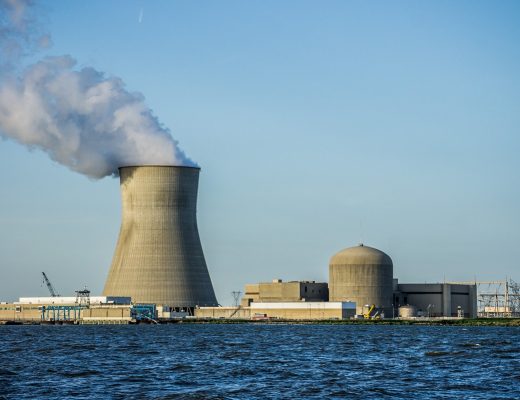The challenges facing Ireland’s offshore wind industry
Ireland’s offshore wind energy sector is a promising and fast-growing area. Wind Energy Ireland has published its analysis of the sector. It found that capacity expansion could generate up to €38 billion for the local economy. The Irish government is keen to increase the share of wind energy. It plans to build new facilities with a total capacity of 37 GW by 2050.
Challenges for local industry
Such ambitious targets require serious efforts. One of the main problems is the lack of skilled workers. Experts say that workers with a wide range of wind energy skills will be needed to build such facilities. These include specialists in capacity planning, maintenance and operation. The minimal presence of the oil and gas industry in the country adds to these challenges. There is no large-scale mining in Ireland, so there is no need for such expertise. A developed oil and gas industry with offshore facilities could provide the wind industry with the necessary resources. However, in the current climate, the country is experiencing a severe shortage of workers with the following skills:
– electrical engineering;
– geotechnical engineering;
– mechanical engineering;
– offshore development management;
– environmental management.
In addition to specific positions, the Irish wind industry needs welders, electrical engineers and health and safety specialists. At the same time, they all need to be able to work on offshore sites.
These challenges make it difficult to meet these targets. In addition, other issues arise in the decarbonisation process. Almost all countries transforming their electricity systems face them.
Ways to address labour shortages
Despite the challenges, experts believe Ireland has excellent potential for offshore wind development. Statkraft’s Kevin O’Donovan noted that the country is showing positive results in the renewable energy sector. The share of green energy in total electricity generation is more than 35%. Such successes demonstrate that the government is taking decisive action to reduce dependence on fossil fuels.
It is worth noting that Ireland is not alone in facing a skills shortage in the renewable energy sector. Virtually all European countries are transforming their energy systems and employing specialists. At the same time, universities are not producing enough students to work in the renewable energy sector.
Several experts have taken the initiative to set up a skills fund with the support of the Irish government. It would provide training courses to retrain workers. This will make up for the shortage of skilled workers and allow the construction of new wind turbines to begin. Initially, the fund will train designers, welders and engineers. There is also the possibility of acquiring the necessary skills outside Ireland, for example, in the UK.










